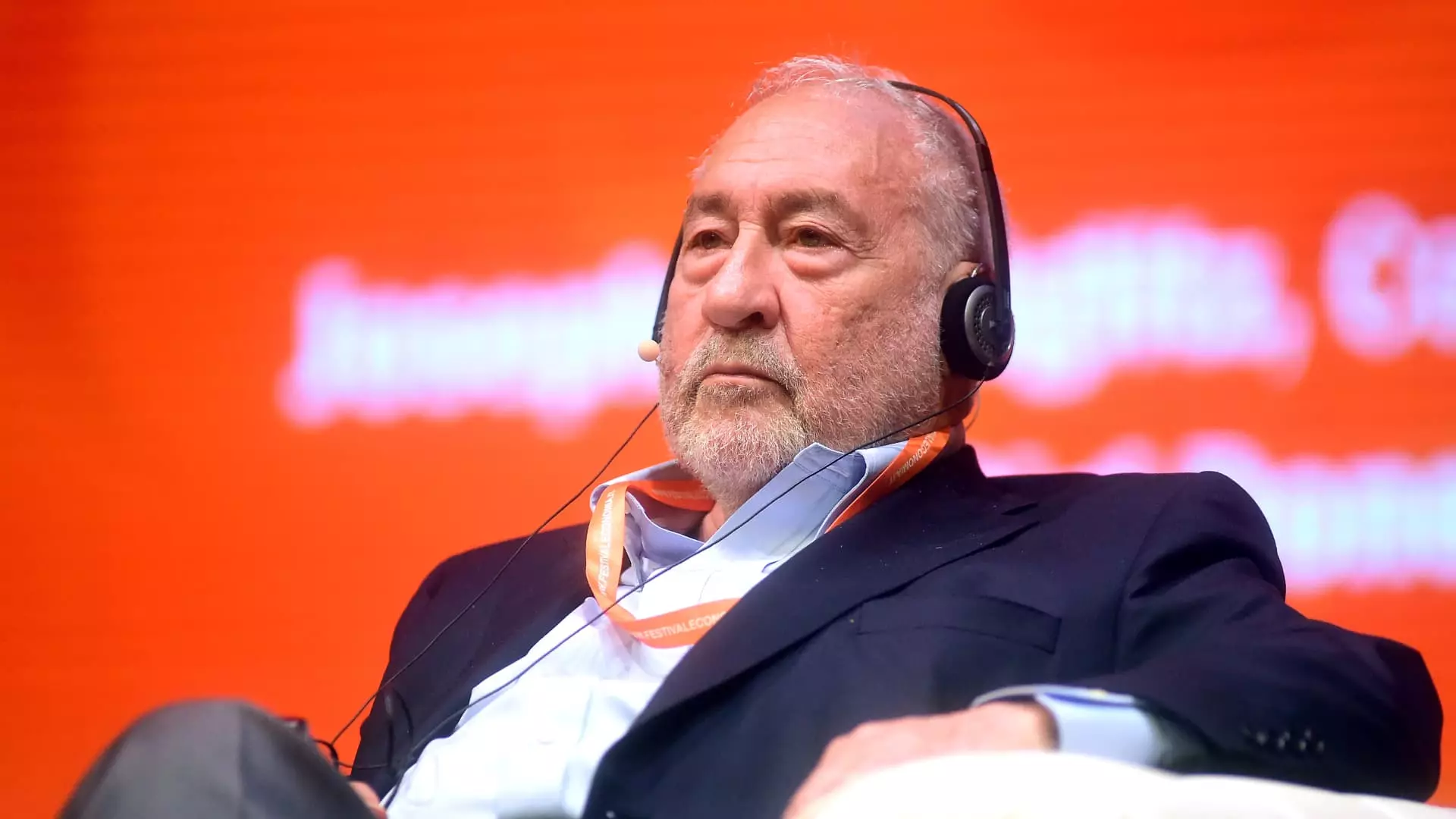Renowned economist Joseph Stiglitz, Nobel Prize winner of 2001, has voiced his concerns over the Federal Reserve’s monetary policy decisions. Stiglitz has been critical of the Fed’s approach, claiming that they have been too aggressive in tightening monetary policy, leading to potential worsening of inflation issues. He is advocating for a half-point interest rate cut at the upcoming Fed meeting to address these concerns. Stiglitz believes that the normalization of interest rates was necessary, but the Fed went beyond what was required, putting the economy at risk with little benefit.
Stiglitz argues that the Fed’s decision to raise interest rates may have inadvertently contributed to the problem of inflation, particularly in the housing sector. He suggests that raising interest rates makes it more challenging for real estate developers and homeowners to address the housing shortage, thereby exacerbating inflation issues. Stiglitz emphasizes the need for a deeper understanding of inflation sources and how monetary policy decisions impact different sectors of the economy. Despite the Fed’s models and analysis, Stiglitz believes they should focus on lowering interest rates to address weaknesses in the economy effectively.
As of now, the Federal Reserve’s benchmark borrowing rate is targeted within a range between 5.25%-5.5%. Stiglitz, if part of the Fed, would advocate for a larger rate cut at the September meeting to combat inflation and boost job growth. He asserts that the Fed has gone too far with their tightening policy and a significant rate cut is necessary. Stiglitz’s views align with the call for a 50-basis-point rate cut, regardless of the August nonfarm payrolls figure, to address critical economic issues.
Market participants have been anticipating a rate cut at the upcoming Fed meeting, with bets for a 25-basis-point and 50-basis-point reduction increasing. The recent release of the Job Openings and Labor Turnover Survey highlighted a decline in job openings, indicating slack in the labor market. While Stiglitz and some economists advocate for a larger rate cut, others like George Lagarias from Forvis Mazars prefer a quarter-point reduction. Lagarias argues against the urgency of a 50-basis-point cut, cautioning that it may send the wrong message to markets and the economy, potentially triggering unwarranted responses.
The debate over Federal Reserve interest rate cuts reflects differing views on how best to address inflation and job market challenges. Joseph Stiglitz’s call for a significant rate cut contrasts with skeptics who question the necessity for such drastic measures. While the Fed faces pressure from various fronts to adjust rates, the ultimate decision will need to balance short-term economic concerns with long-term stability and growth prospects. As the Fed’s meeting approaches, the implications of their decision will reverberate through financial markets and the broader economy, shaping the trajectory of future monetary policy actions.

